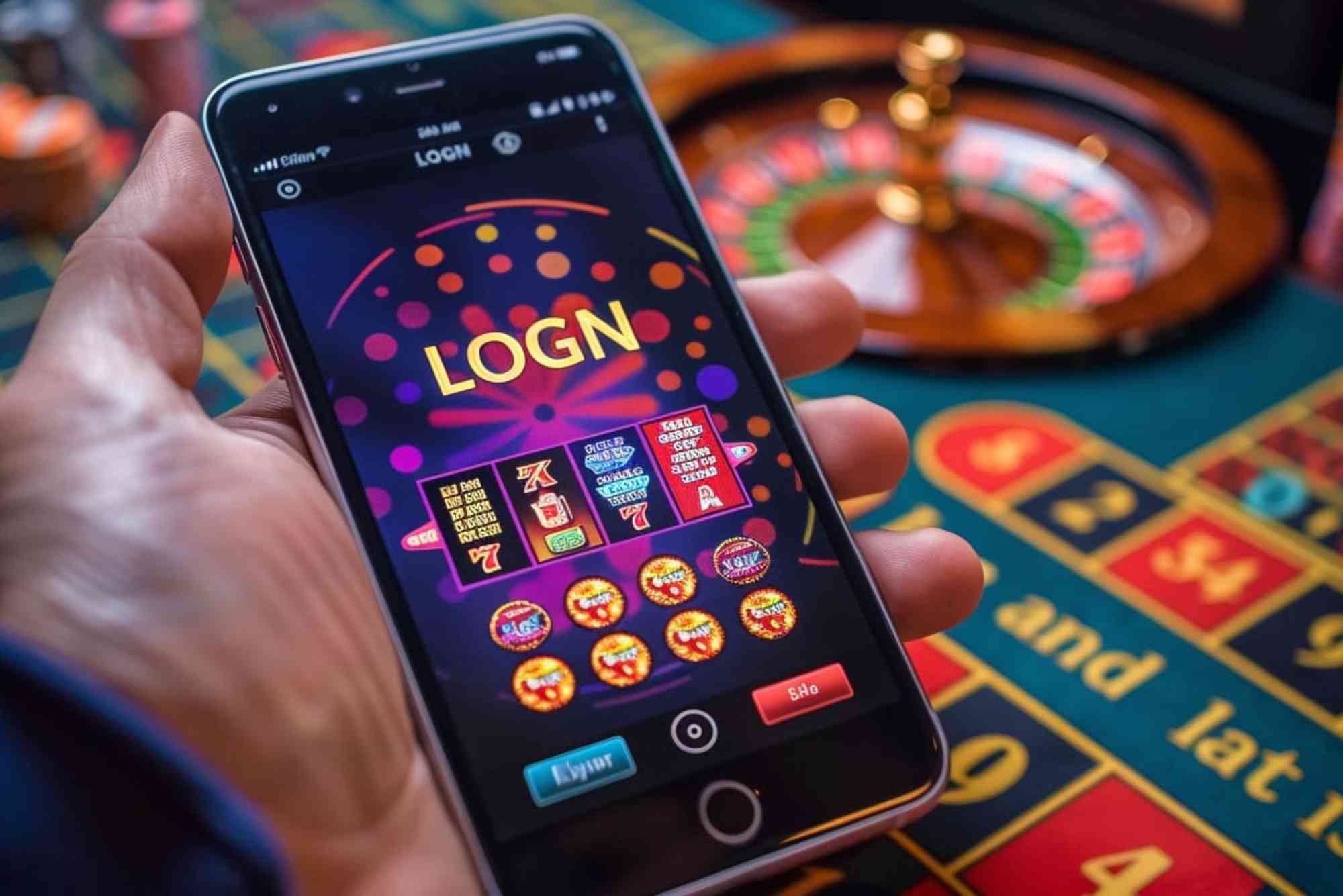Online casinos have changed the way people gamble, offering convenience and endless gaming options at the touch of a button. But with the growth of digital platforms, many players have started asking: do online casinos use algorithms to influence play? This question comes up often because unlike traditional casinos where you can physically see the roulette wheel spin or the cards being dealt, online outcomes are determined by digital systems. Understanding how these systems work—and whether they are fair—is key for anyone who enjoys online gaming.
The Role of Algorithms in Online Casinos
Every online casino game, from slots to blackjack, runs on a set of algorithms. At the core of this system is something called a Random Number Generator (RNG). This piece of software is designed to ensure every spin, card draw, or dice roll is random and independent of previous results. Without RNGs, games could be manipulated, making outcomes predictable and unfair.
But while RNGs are intended to promote fairness, there is always a lingering suspicion that algorithms are tilted in the casino’s favor. After all, online platforms are businesses, and their profit model depends on maintaining a house edge. The key difference lies in how that edge is built in—it doesn’t come from tampering with the randomness, but from structuring game rules and payout ratios so that the casino always holds a statistical advantage over time.
This makes it important for players to know where they are playing. Many review platforms list trusted sites, including guides such as Best UK Online Casinos To Play crash games, which provide insights into where the experience is fair, licensed, and reliable. Choosing regulated casinos is the best way to ensure algorithms are audited and genuinely random.
How Fairness Is Tested
To prevent unfair practices, licensed online casinos undergo independent audits. Testing agencies like eCOGRA or iTech Labs run millions of game simulations to confirm that RNGs produce random outcomes. The results of these audits are often published, giving players peace of mind that algorithms aren’t being manipulated in the background.
However, not all players take the time to check these certifications. This is where some of the mistrust comes from. If a player experiences a losing streak, it’s easy to suspect the system is “rigged.” In reality, losing streaks are part of gambling, whether online or offline. The statistical probabilities are designed to ensure that wins and losses balance out, with the casino taking a long-term advantage.
Psychology and Perception of Algorithms
Even though RNGs are designed to keep the system fair, casinos also use algorithms to influence the gaming experience in more subtle ways. Game design is heavily psychological. For instance, near misses on slot machines are programmed to appear more frequently than chance would dictate. Seeing two jackpot symbols land with the third just missing is statistically random, but game designers highlight these outcomes to create tension and excitement.
Similarly, sound effects, flashing animations, and celebratory graphics are all algorithmically triggered to reinforce a sense of achievement, even if the win is small. This keeps players engaged longer, often leading to higher spending. While this doesn’t technically make the games unfair, it shows how algorithms shape behavior and perception as much as outcomes.
Algorithms in Slots and Table Games
Slot machines are the most algorithm-driven games in online casinos. Every spin is determined by RNGs, but the payout structure (known as RTP—Return to Player) dictates how much players can expect to win back over time. For example, a slot with an RTP of 96% means that for every £100 wagered, the machine pays out £96 on average, with the remaining £4 as the house edge. Algorithms ensure this balance plays out across millions of spins, not individual sessions.
Table games like roulette and blackjack also rely on algorithms, but with different structures. In blackjack, for example, the house edge comes from rules like the dealer hitting on 16 or the payout for blackjack being 3:2 instead of 2:1. These details, not rigged randomness, are what allow casinos to stay profitable while maintaining fair odds.
The Rise of Provably Fair Gaming
One of the most interesting developments in recent years is the growth of provably fair gaming on blockchain-based platforms. Here, algorithms are transparent, and players can verify outcomes themselves using cryptographic hashes. This has gained popularity among players who value trust and transparency, and it’s pushing the entire industry toward greater accountability.
As technology advances, we may see more mainstream casinos adopting similar systems, where algorithms are not just trusted because regulators say so, but because players can check the math in real time.
Final Thoughts
So, do online casinos use algorithms to influence play? The answer is yes—but not in the way most players fear. Algorithms are essential for ensuring randomness, fairness, and smooth gameplay. They don’t secretly change outcomes to cheat individual players, but they do ensure that over time the casino maintains its built-in edge. On top of that, algorithms are used to enhance the player experience through design elements that keep people engaged for longer.
For players, the takeaway is simple: stick to licensed, regulated platforms where algorithms are independently audited. Understanding how RNGs and RTPs work will help set realistic expectations, so you can enjoy the thrill of gaming while staying aware of the house edge. The future, especially with innovations like blockchain, looks set to give players even greater transparency in how algorithms shape their casino experience.



